iPhone 12 mini failure not a roadblock for iPhone 13 mini's debut
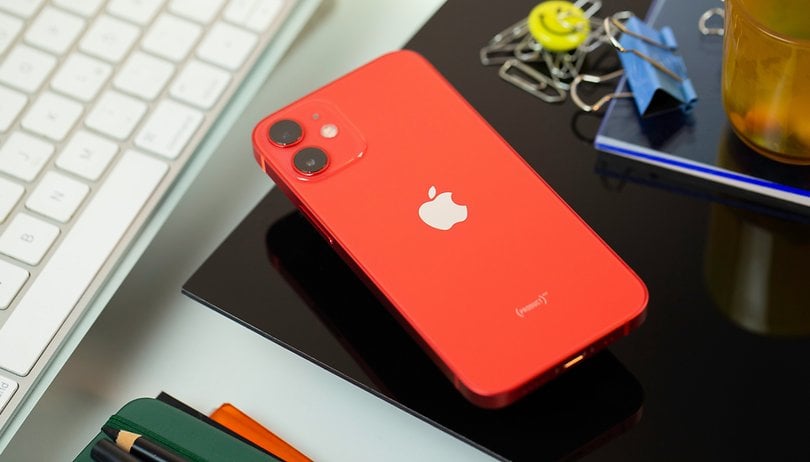

It looks like Apple is still going to go ahead with the iPhone 13 mini despite the commercial failure of the iPhone 12 mini. This is based on a rumor that has been making its rounds since Monday, February 15. Looks like the call for a smaller device that can be operated using only a single hand was generated by only a small section of the community after all.
- Leaker Jon Prosser claims that one of his sources confirmed that an iPhone 13 mini is in the pipeline for a 2021 release alongside its regular-sized brethren
- If Apple's compact smartphone was in demand, then the iPhone 12 mini can be considered as a commercial flop based on its sales figures
In his show, Front Page Tech, which was broadcasted on YouTube on February 13, leaker Jon Prosser "confirmed" (notice the quotes) that Apple would maintain its compact smartphone lineup this year with the iPhone 13 mini. On paper, this sounds like a logical choice since it ought to meet actual market demand, but you might be surprised when you check out the actual sales figures of the iPhone 12 mini.
Several analysis firms took a stab at the beginning of this year to report relatively low sales figures for the compact iPhone since it was launched. A study by Consumer Intelligence Research Partners that was published last January, for example, reported that iPhone 12 mini sales accounted for only 6% of total iPhone 12 sales during the launch period from October to November 2020.
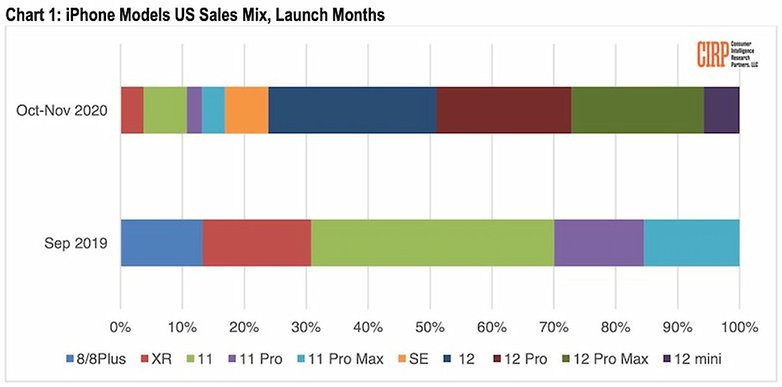
In a research note sighted by Appleinsider, William Yang, supply chain analyst at JP Morgan, claimed that while Apple would be increasing its production of the other models, production of the iPhone 12 mini could come to a halt by the end of the second quarter (Q2 2021) based on seemingly weak demand for that model.
Of course, this does not necessarily mean that Apple will withdraw the iPhone 12 mini from the market. However, if current production levels for the iPhone 12 mini enable Apple to make do without producing any new units, that is a clear reflection of the existing market demand.
This is a rather startling observation - that numbers do not lie, never mind the fact that the iPhone 12 mini has been a darling among us in the industry. In fact, we and many others were excited about the iPhone 12 mini, keeping our fingers crossed that Apple would spearhead the return of compact smartphones and make them fashionable again. It looked like the stage was all set for the compact smartphone to make a big splash once again.
- Read also: iPhone 12 mini review: Petite yet powerful
However, there was a different fate in store for the iPhone 12 mini. How else can one explain Apple's failure (relatively speaking) with the iPhone 12 mini? And why would things be any different for the possible iPhone 13 mini? Do bear in mind that the potential next-generation iPhone mini has not yet been confirmed.
The iPhone 13 mini to face less headwinds in 2021?
According to Apple gurus and analysts, 2021 could be a much less competitive year for the iPhone 13 mini, assuming the existence and launch of this smartphone is confirmed.
The iPhone 12 mini is still a very good iPhone by all accounts and also works great as a compact smartphone. And apart from Google's Pixel 4a and Pixel 5, there are not many other competitors out on the Android front that offer a smartphone that is compact enough to operate with a single hand without running the risk of losing your grip. With Apple, the landscape is slightly different since Apple would be diversifying its own catalogue and cannibalizing on part of its own sales.
The iPhone SE (2020), which remains fairly compact with a 4.7-inch display (compared to 5.4-inches on the iPhone 12 mini), is also significantly more affordable. At an introductory price of €489 compared to the €809 for the iPhone 12 mini, the iPhone SE 2020 managed to pick up a larger slice of the market share.
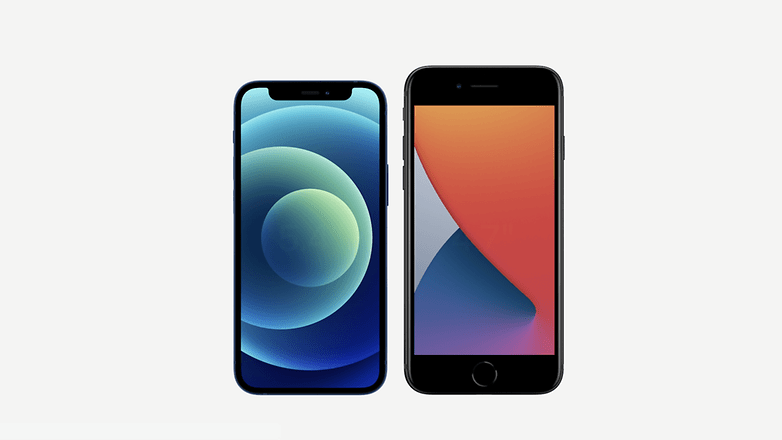
It seems that people who are most likely to pick up the iPhone 12 mini preferred to live with compromises in hardware specifications found on the iPhone SE, settling for the A13 Bionic chip as opposed to the more powerful and newer A14 chip on the iPhone 12 mini, for instance.
These are the very same consumers who may not give two hoots about 5G connectivity either, making the more expensive and power-hungry 5G modem on the iPhone 12 mini excessive. Some might even argue that should Apple go ahead with its purported plans of not rolling out an iPhone SE in 2021, this is because Cupertino prefers to subtly shift the market's direction towards the possible iPhone 13 mini. An iPhone 13 mini without a new iPhone SE to contend with would therefore face less cannibalization opportunity in its sales, and theoretically, ought to sell better.
Personally, I find that explanation to be too superficial. As explained above, the iPhone 12 mini is the least sold model in the new Apple catalogue, of which the base iPhone 12 model is the best-selling one instead. However, both models come with completely identical hardware specifications (apart from the screen size), never mind that the iPhone 12 mini is €100 cheaper in comparison.
If the compact form factor proved crucial in one's decision making for a purchase as expected by consumers, why did they pick a more expensive and larger iPhone 12 over the iPhone 12 mini, when both smartphones supposedly offer a similar experience (apart from the display size)?
And if Android manufacturers decide to follow Apple's lead (something that has happened before, sad to say) and veer in the direction of producing compact smartphones, how can we make a more accurate prediction of the upcoming sales figures that would be in favor of an iPhone 13 mini launch?






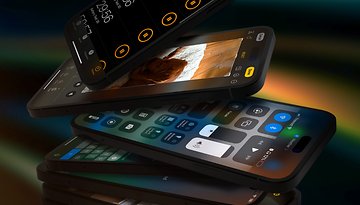







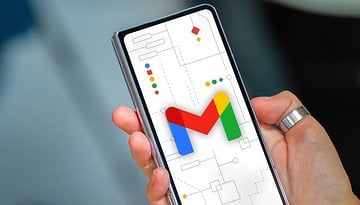
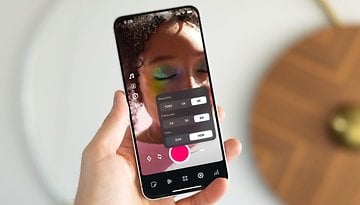
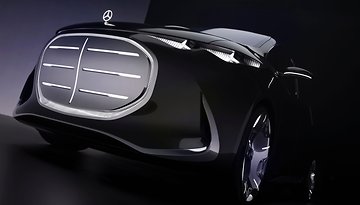
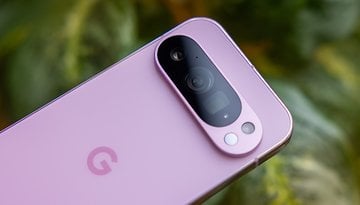


I don't actually agree with you.
nice I got your point